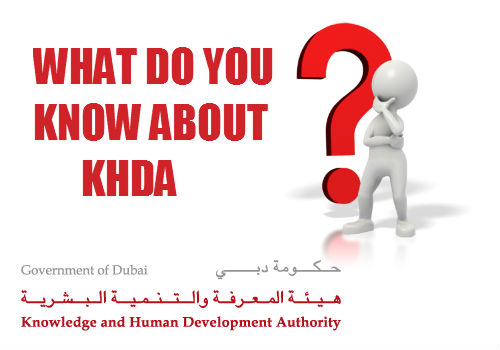A couple of weeks ago, I met a friend of mine in the evening. She is a teacher at one of the major schools (sorry, can’t disclose the name) in Kolkata. Quite the colourful character, she chose the profession because it was her passion. However, that particular day, she was unusually quiet. From the moment she came in, something was clearly bothering her. There was an air of tension around her.
Surprise, surprise!
After a few sullen moments, I asked her what the issue was. She replied “School’s so exhausting! On top of my regular work, I am now in charge of recruiting new employees.” I asked her –“Nita, why the hell? What is the HR department doing then?” She looked at me as if I am an alien. Her response shocked me. “What HR, dude? This is a school.” She added “there was one accounts guy who was taking care of all this. But he left last week, and ever since, I’ve been burdened by additional work.”
This was news to me. Most schools probably have a work force that would be proportional to the number of students and courses they offer, due to an existing mandate of one teacher for every 30 students. Going by this logic, an average school with 1000 students would have 50 plus teaching and an equally sizable number or more of non-teaching staff. To me, having an HR department for such an organization appeared to be the most logical thing to do. This is one of the best practices that the corporate world is very particular about.
The bigger picture
If you think deeper, it is a huge problem. Just think of the scenario after the recruitment has happened. In the absence of a qualified HR, who would calculate the employees’ salaries, leaves and other benefits? And we haven’t started to think of activities such as internal communication and organizing events.
Currently, what most schools do is to assign this job to someone who is not specialised, like the accounts person or dump the job to some poor teacher like Nita. The whole recruitment thing is similar to a circus show. They will somehow be able to manage one or two cases. But if it happens on a large scale, it would mean chaos.
Why does this problem exist?
The cost of maintaining an HR team is the most obvious reason. And traditional thinking dictates that part-timers can cover-up for specialists in areas such as recruitment. Convenience can be the other major factor. But modern day technology should be able to provide a more convenient and cost effective method.
How does it impact?
Not having an HR in an organization as big as a school not only affects the productivity of the available resources, but also has an impact on the school’s reputation. A school may not be able to attract talented candidates due to the absence of a proper system. That means the quality of teachers cannot be guaranteed. This directly affects the education students receive. Now, no one would want that.
But the Human Resource Department is not just for recruiting!
Recruitment isn’t the only responsibility of an HR. What about payroll, daily attendance, performance overview, etc? An HR takes care of each and every aspect of workforce management. This is an existing problem in a majority of schools that needs to be addressed because schools are where the foundation of the nation’s future is laid.


